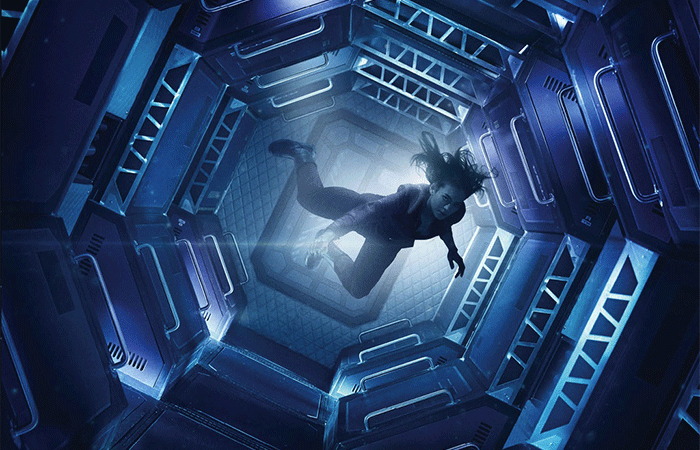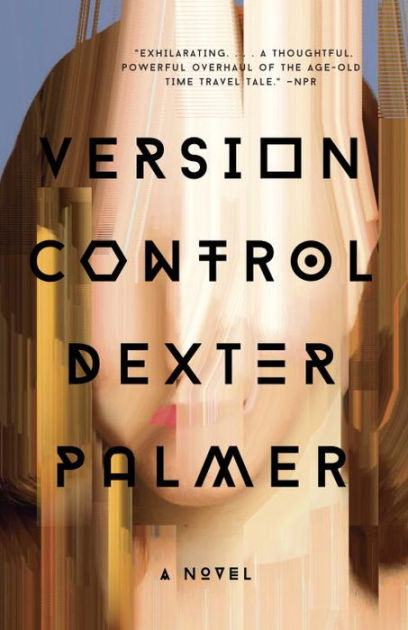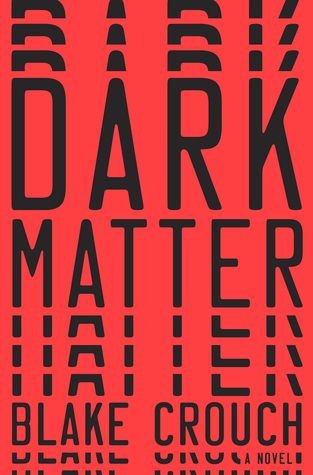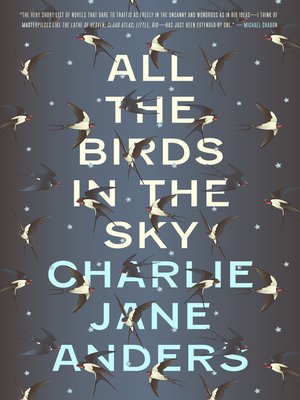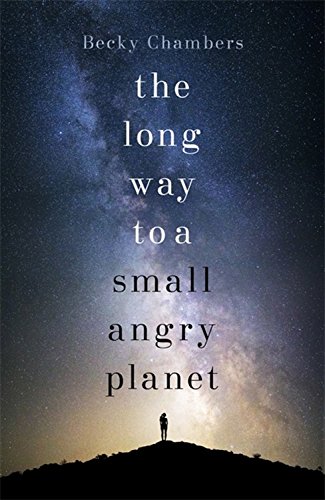By Chris M. Barkley:
Stuff I’m Nominating for the 2017 Hugo Awards, Part Three
Best Series (Special Category)
The Expanse by James S.A. Corey featuring Leviathan Wakes (2011), Caliban’s War (2012), Abbadon’s Gate (2012), Cibola Burn (2014), Nemesis Games (2015), Babylon’s Ashes (2016).
Seriously, is there any series in recent sf literature that can match The Expanse? It is probably the most well-written, exciting, riveting and audacious series of novels the community has ever seen or likely to any time in the near future.
Daniel Abraham and Ty Franck (who write the series as James S.A. Corey) have created a universe filled with intrigue, war, horror and a ton of surprising plot twists and revelations that have landed each subsequent volume on the New York Times Best Sellers list and in critics and fans hearts as well.
With each novel, the evolving conflict between a United Nations ruled Earth and Moon, the militaristic Mars, the asteroid dwelling Belters and the Outer Worlds grows in intensity and wonder as the ever-growing cast of characters are drawn together and cast apart with alarming frequency.
This isn’t the fairly clean and antiseptic future depicted here; it’s hard scrabble, dirty, dangerous and as fatal as anything George R.R. Martin has written in the guise of a hard science epic. The television adaptation of the novels on the SyFy network (which also happens to be the best sf show currently on television) is easily comparable to Firefly, Battlestar Galactica, Star Trek, Babylon 5 and Doctor Who.
Needless to say, The Expanse will be my only entry in this category.
Best Novel
Version Control by Dexter Palmer, Pantheon Books, 495 pages.
On the surface, Dexter Palmer’s second novel, Version Control, seems at first to be an attempt at those pretentious literary novels pretending not to be a pretentious sf novel. But nothing could be further from the truth.
Philip is a physicist in a small fictional New Jersey town. He has just invented a “causality violation device” , which he prefers you NOT to call a “time machine”. Rebecca, his wife, works as a customer service rep at a digital dating service called Lovability, a hyperbolic version of Match.com.
As Philip’s experiments progress, Rebecca begins to notice that objects and people around her are not quite right. In her mind’s eye, events are ever shifting and changing causing her to believe that everything is on the verge of spinning out of control. And then she starts receiving messages from a Lovability customer that seem to confirm their reality is unraveling and they are the only two who are aware of it happening. And then, things take a truly terrifying turn for the worst.
Palmer’s layered plot takes a while to get started but once it does, it becomes a captivating and terrifying tale of science gone awry. And it’s easily the best novel about time travel in the past decade.
Best Novel
Dark Matter by Blake Crouch, Crown, 352 pages.
Over the past fifteen years, Blake Crouch has built himself a growing reputation as a crackerjack writer of crime thrillers (Good Behavior, Abandon and Run) and sf-tinged novels (the Wayward Pines trilogy, which was adapted for television and ran for two seasons during the summer on Fox).
His bestselling breakthrough novel is Dark Matter, which features another scientist in peril. Jason Dessen is a failed scientist who had a theory about multiple universes. Unfortunately for him, he has been abducted and taken into an alternate universe where his family does not exist. Desperate to Return to his true home, Dessen finds himself being chased from one reality to the next by forces who will do anything and literally go anywhen to ensure he does not talk.
Although the pace is lightning fast and the plot holes pop up like potholes in the springtime, Crouch’s story just hooks you and demands you keep reading to the end.
Best Novel
All The Birds in the Sky by Charlie Jane Anders, Tor Books, 313 pages.
All The Birds in the Sky is a strange and wondrous amalgam of a novel that touches on and combines the worlds and manners of fantasy and science fiction in the same novel. Usually, an author chooses either one form or another. Combining both is an audacious and dangerous act of literary larceny, which Charlie Jane Anders pulls off brilliantly.
Patricia Delfine and Laurence Armstead were very close friends in their childhood years. Then Patricia grew up to be a witch and Laurence grew up to be a mad scientist. Their world is coming apart at the seams and each is convinced that either science, or magic, will be Earth’s salvation.
Their story is unlikely, enthralling, scary, sexy and terrifying. A novel like this may come around only once in a generation or so and we are damned lucky to be reading it and considering it for a Hugo Award.
Best Novel
The Long Way to a Small Angry Planet by Becky Chambers, Harper Voyager, 441 pages.
Every now and then, a reader (like myself) will come across a novel that is SO DELIGHTFUL and fun to read, that you never want it to end. Becky Chamber’s The Long Way to a Small Angry Planet is such a novel and fans and critics have been clamoring for more since its publication.
Just consider the opening paragraph:
As she awoke in her pod, she remembered three things. First, she was traveling through open space. Second, she was about to start a new job, one she could not screw up. Third, she bribed a government official into giving her a new identity file. None of this information was new, but it wasn’t pleasant to wake up to.
The “she” in question is Rosemary Harper, the newest member of the Wayfarer, an interstellar ship that opens up hyperdrive tunnels to new worlds. Along the way, we meet and get to know Rosemary’s shipmates, Ashby, the captain, Lovey the ship’s AI, Doctor Chef (who provides both functions!) and Sissix, the pilot and Jenks and Kizzy, the onboard techs.
As the year-long voyage progresses, they all engage in various adventures and get into trouble. It’s all very picturesque and a bit cozy, reminiscent of the sort of stories Murray Leinster, James H. Schmitz and Clifford D. Simak used to write for Astounding and Analog for John W. Campbell, Jr., but with a more modern sensibility.
And the best news is that her second novel in this series, A Closed and Common Orbit, was just published in paperback. So get out to your local bookstore and enjoy!

